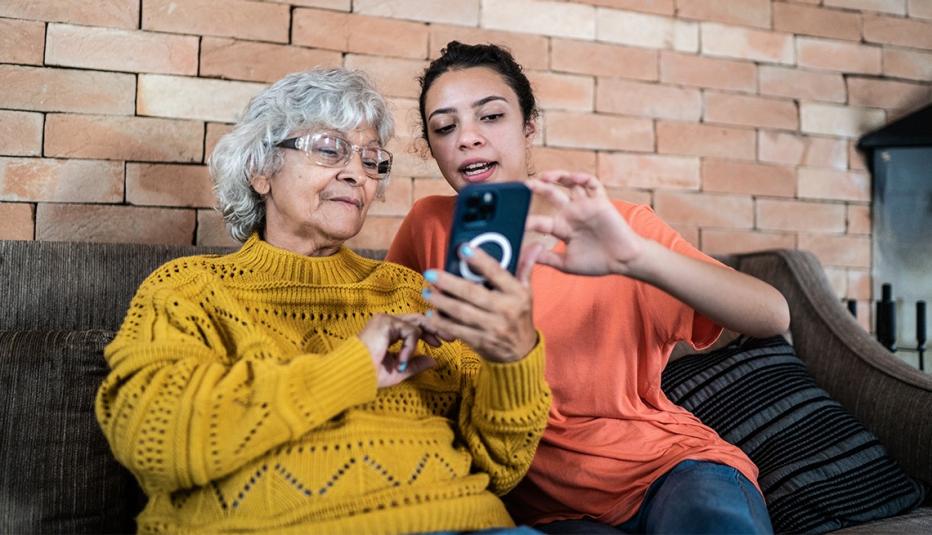AARP Hearing Center
According to the 2016 AARP Cyber Security survey adults age 18 and older would be more favorable toward a coffee shop, bookstore, hotel, or other public location that offers free public Wi-Fi if they provided users with information on how to protect themselves from cyber scams. Seven in ten survey respondents believe that locations offering free public Wi-Fi should display information on the risks associated with using public Wi-Fi, and the majority feel that free public Wi-Fi is only somewhat safe or not very safe at all.
Key findings include the following:
- More than 70 percent of public Wi-Fi users access Facebook or their personal email.
- Seventy percent of public Wi-Fi users say they don’t recall the public location providing any information about how to protect yourself from cyber scams.
- Seventy percent of users think locations offering free public Wi-Fi should display information on the risks associated with using public Wi-Fi to shop, bank, or access social media sites.
- Two-thirds of users would be more favorable toward a coffee shop, bookstore, hotel, or other public location that offered free public Wi-Fi if they provided users with information on how to protect themselves from cyber scams.
The 2016 AARP Cyber Security Survey was conducted as a random digit dial telephone survey among adults age 18 and older across the nation. For more information, contact Joanne Binette at jbinette@aarp.org.
































































